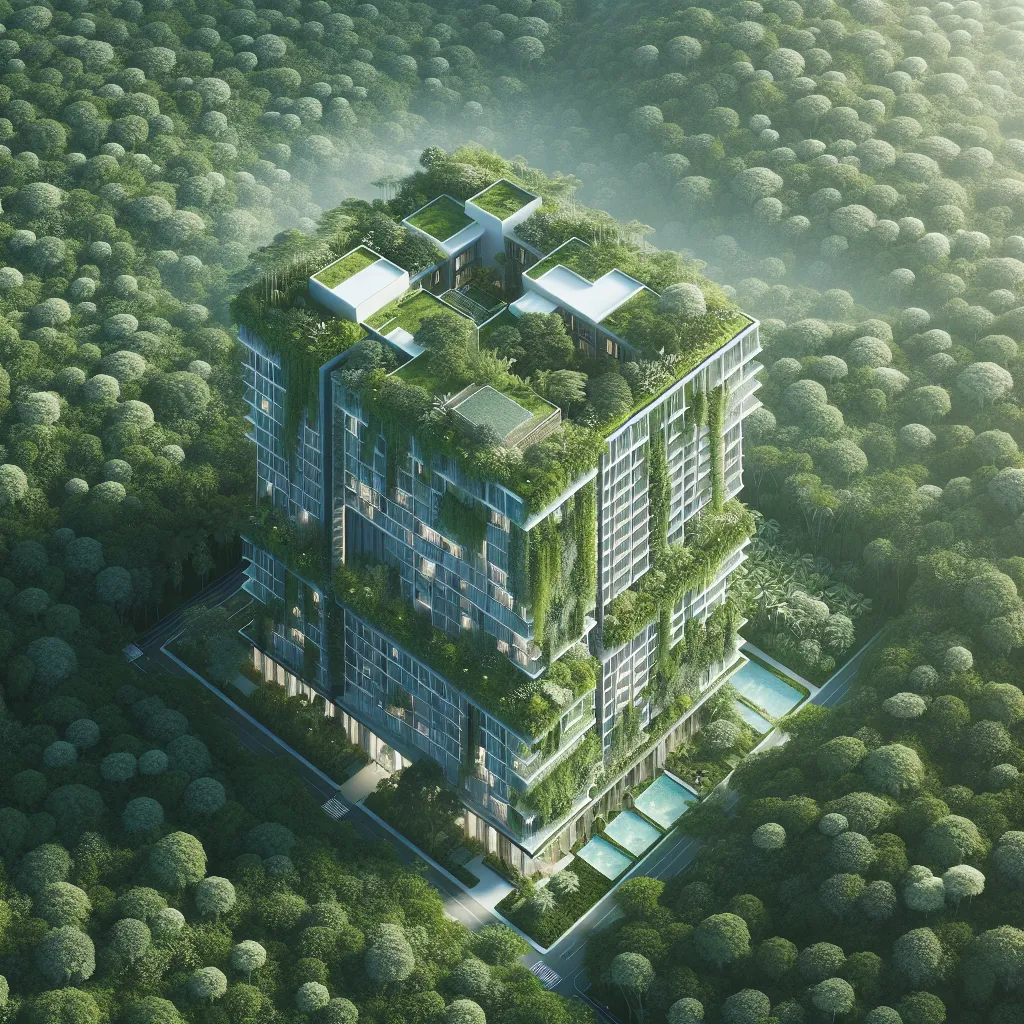The Rise of Boutique Hotels: Redefining Luxury in the Hospitality Industry
In recent years, the hospitality industry has witnessed a significant shift with the rise of boutique hotels, redefining the concept of luxury accommodation. Unlike traditional chain hotels, boutique hotels offer a unique and personalized experience, tailored to the individual needs and preferences of guests. This evolution has been driven by a growing demand from modern travelers for an authentic and immersive stay, characterized by intimate settings, personalized service, and distinct design elements. Boutique hotels are often situated in prime locations, providing guests with an opportunity to engage with the local culture and community.
Furthermore, boutique hotels have embraced technology to enhance the guest experience, offering seamless online booking platforms, personalized concierge services, and interactive in-room amenities. This combination of high-touch hospitality and cutting-edge technology has redefined the benchmarks of luxury in the industry, attracting a new generation of discerning travelers seeking more than just opulent accommodations.
With their focus on individuality, unconventional design, and a deep commitment to embracing local culture, boutique hotels have successfully carved a niche in the hospitality landscape, appealing to travelers who value authenticity, creativity, and a sense of place. As the demand for unique and experiential travel continues to grow, it is evident that boutique hotels will play an increasingly influential role in shaping the future of luxury hospitality.
Technology Trends: Revolutionizing Guest Experiences in Accommodations
In recent years, the hospitality industry has been experiencing a significant evolution in the way accommodations are designed and operated, largely due to the rapid integration of technology. The emergence of tech-savvy travelers has driven accommodations to embrace the latest technology trends in order to revolutionize guest experiences.
One of the prominent technology trends making waves in the hospitality industry is the adoption of mobile apps for accommodations. These apps serve as one-stop platforms for guests to manage their bookings, check-in and check-out seamlessly, access keyless entry to their rooms, and even control in-room amenities such as lighting, temperature, and entertainment systems. By integrating such features, accommodations are not only enhancing convenience for their guests but also streamlining their own operations.
Furthermore, the utilization of artificial intelligence (AI) and machine learning has enabled accommodations to personalize the guest experience. Through AI-driven algorithms, accommodations can analyze guest preferences and behavior to offer tailored recommendations for dining, local attractions, and services, thereby creating a more personalized and memorable stay for guests.
Another pivotal technology trend reshaping guest experiences is the implementation of smart room technology. From voice-activated assistants to IoT-connected devices, accommodations are leveraging smart technologies to empower guests with greater control and customization of their stay. This includes the ability to request services, place orders, and seek information simply by using voice commands or smart devices, elevating the level of convenience and comfort for guests.
In conclusion, the integration of technology in accommodations is redefining the landscape of the hospitality industry, focusing on enhancing guest experiences by providing greater convenience, personalization, and control. As technology continues to advance, accommodations will need to adapt and innovate continuously to meet the evolving expectations of tech-driven travelers.
Sustainability in Lodging: The Eco-Friendly Evolution of Hospitality
In recent years, the hospitality industry has witnessed a remarkable evolution in accommodations, particularly in the aspect of sustainability. The increasing awareness of environmental issues and the shift towards eco-friendly practices have prompted hotels and lodging facilities to adopt more sustainable and environmentally conscious approaches. This eco-friendly evolution of hospitality has become a prominent trend, reflecting a growing demand for responsible and green accommodation options.
Hotels and lodging establishments are increasingly investing in eco-friendly initiatives such as energy-efficient lighting, water-saving fixtures, recycling programs, and the use of organic and locally sourced materials. Furthermore, the integration of renewable energy sources, such as solar panels and wind turbines, has become more prevalent in the design and operation of sustainable accommodations.
Additionally, the concept of sustainable hospitality extends beyond physical infrastructure to encompass operational practices. Many hotels are implementing green practices in their daily operations, including waste reduction, sustainable food sourcing, and the incorporation of eco-friendly cleaning products. Moreover, the emphasis on community engagement and the support of local conservation efforts have become integral aspects of sustainable lodging options.
From the perspective of guest experience, the eco-friendly evolution of hospitality has given rise to a new set of expectations among travelers. Guests are increasingly seeking accommodations that align with their environmental values, leading to a greater demand for eco-friendly certifications and transparency in sustainability efforts. This shift has propelled hotels to not only prioritize sustainability in their operations but also to educate and engage guests in their eco-friendly initiatives.
In conclusion, the hospitality industry has made significant strides in embracing sustainability in lodging, reflecting a broader commitment to environmental stewardship. The eco-friendly evolution of hospitality not only aligns with the growing environmental consciousness of consumers but also presents opportunities for hotels to distinguish themselves in a competitive market. As the demand for sustainable accommodations continues to rise, the industry’s focus on eco-friendly practices is expected to remain a pivotal aspect of its evolution.
The Future of Accommodations: Adapting to Changing Traveler Preferences
The hospitality industry has witnessed a significant evolution in accommodations over the years, driven by changing traveler preferences and technological advancements. As we look towards the future, it becomes crucial for accommodations to adapt to the evolving needs and desires of travelers in order to stay competitive in the market.
One of the key aspects shaping the future of accommodations is the increasing demand for personalized and unique experiences. Travelers are seeking accommodations that offer more than just a place to stay, but an opportunity to immerse themselves in the local culture and community. This has led to the rise of alternative accommodations such as boutique hotels, homestays, and eco-friendly lodgings that provide a more authentic and individualized experience.
Another important factor driving the future of accommodations is sustainability and environmental responsibility. With growing concerns about the impact of travel on the environment, travelers are actively seeking eco-friendly and sustainable accommodation options. This has prompted many accommodations to incorporate green initiatives, such as energy-efficient buildings, waste reduction measures, and locally sourced amenities, in order to appeal to the environmentally conscious traveler.
Furthermore, the rapid advancement of technology is reshaping the way accommodations are perceived and utilized. From online booking platforms to smart room features, technology has become an integral part of the traveler experience. Accommodations of the future will need to embrace innovative technologies such as mobile check-in, virtual concierge services, and smart room controls to cater to the tech-savvy preferences of modern travelers.
In conclusion, the future of accommodations in the hospitality industry will be defined by the ability to meet the diverse and evolving preferences of travelers. By focusing on providing personalized experiences, embracing sustainability, and leveraging technology, accommodations can position themselves for success in an increasingly competitive market.

